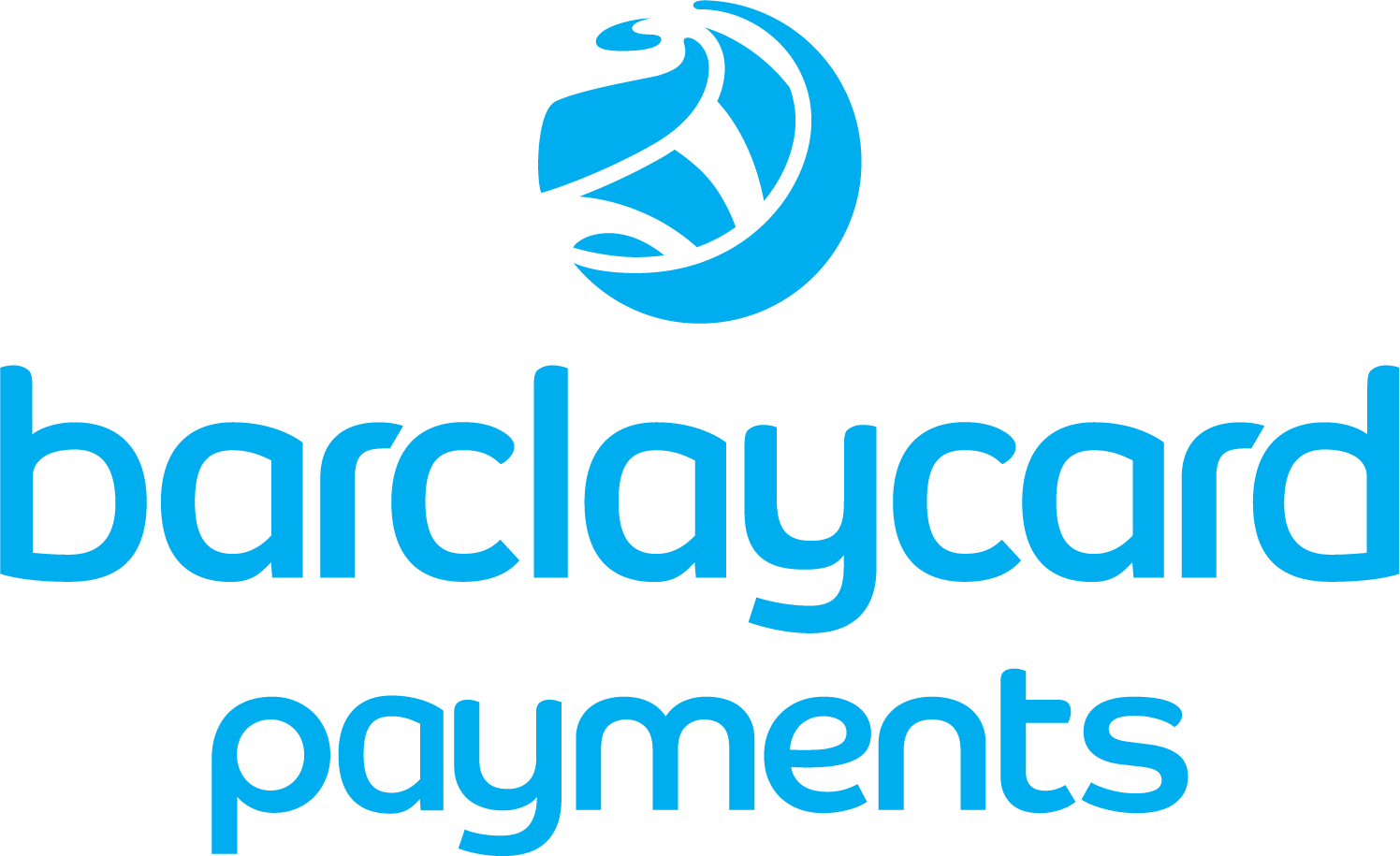- Compare Card Processing Rates from as low as 0.27%
- Keep your card processing fees to a minimum
- Direct access to 80% of the UK’s leading acquiring banks
- Make the right choice for your next UK payment provider
- Ensure your rates always remain competitive
- Seamlessly switch payment provider without a hitch






We're rated Excellent on
Understanding Rates for Credit Card Processing: A Comprehensive Guide
For businesses in the UK, accepting credit card payments is essential for staying competitive and catering to customer preferences. However, navigating the complex world of credit card processing fees can be daunting. From interchange fees to monthly fees, understanding these costs is crucial for small businesses looking to save money while accepting card payments.
This guide breaks down the different rates for credit card processing, explains common merchant service fees, and provides tips on reducing credit card processing costs.
How Credit Card Processing Works
Before diving into fees, it’s important to understand how credit card transactions work. When a customer makes a purchase using their customer’s credit card, several parties are involved:
-
Card Issuer (Bank that issued the card)
-
Merchant Account Providers (Facilitate transactions)
-
Payment Processor (Handles transaction approval)
-
Card Networks (Visa, Mastercard, etc.)
Each party charges a fee, contributing to the overall payment processing fees.
Types of Credit Card Processing Fees
1. Interchange Fees
Interchange fees are set by card networks (Visa, Mastercard) and paid to the card issuer. These fees vary based on:
-
Card type (debit cards vs. credit card)
-
Transaction method (in-person, online, or keyed-in)
-
Business industry
For example, debit card transactions typically have lower fees, while premium credit cards may have higher interchange fees.
2. Scheme Fees
Scheme fees are charged by card networks for using their payment infrastructure. These are usually a small percentage of each transaction.
3. Payment Processor Fees
Your payment processing provider charges fees for facilitating transactions. These may include:
-
Per transaction fees (fixed or percentage-based)
-
Flat fee per transaction (e.g., 10p + 1.5%)
-
Monthly fees (for account maintenance)
4. Merchant Account Fees
If you use a merchant account, you may encounter:
-
Minimum monthly service charge (if transactions are below a threshold)
-
Monthly service fees (for account upkeep)
-
Authorisation fee (charged per transaction attempt)
5. Payment Gateway Fees
For online payments, a payment gateway connects your website to the payment processor. Fees may include:
-
Setup fees
-
Monthly payment gateway fees
-
Per transaction fees
6. Assessment Fees
These are charged by card networks (Visa, Mastercard) and are typically a small percentage of transaction volume.
7. Chargeback Fees
If a customer disputes a transaction, you may incur a chargeback fee, often between £10-£20 per dispute.
8. PCI Compliance Fees
To ensure secure card payments, businesses must adhere to PCI DSS standards. Some providers charge PCI compliance fees for security audits.
9. Hidden Fees
Some merchant service providers include less transparent charges, such as:
-
Currency conversion fees (for international transactions)
-
Early termination fees (if you switch providers)
-
Batch settlement fees (for processing daily transactions)
How Much Do Credit Card Processing Fees Cost in the UK?
The total credit card processing costs depend on several factors:
|
Fee Type |
Typical Cost |
|---|---|
|
Interchange Fee |
0.2% – 1.5% (debit), 0.3% – 2.5% (credit) |
|
Scheme Fee |
0.1% – 0.3% |
|
Processor Fee |
0.5% – 2.75% + 10p-30p per transaction |
|
Payment Gateway Fee |
£10 – £50/month + 5p-20p per transaction |
|
Monthly Merchant Fee |
£10 – £30/month |
|
Chargeback Fee |
£10 – £20 per dispute |
For example, a £100 credit card transaction might incur:
-
Interchange fee: £1.50
-
Scheme fee: £0.20
-
Processor fee: £0.30 + 1.5% = £1.80
-
Total cost: ~£3.50 (3.5%)
How to Reduce Credit Card Processing Fees
1. Negotiate with Merchant Service Providers
Some merchant account providers offer flexible pricing. If you process high volumes, you may secure lower fees.
2. Choose the Right Pricing Model
-
Flat-rate pricing: Simple (e.g., 1.75% per transaction), best for small businesses.
-
Interchange-plus pricing: More transparent (interchange fee + fixed markup).
-
Tiered pricing: Varies by transaction type (risk of hidden fees).
3. Encourage Debit Card or Cash Transactions
Since debit card transactions have lower interchange fees, offering discounts for debit or cash transactions can reduce costs.
4. Use a Free Payment Processor (Where Possible)
Some providers offer free payment processors for low-volume businesses, though they may have higher per transaction fees.
5. Avoid Chargebacks
Clear refund policies and good customer service reduce disputes and chargeback fees.
6. Batch Transactions Daily
Delaying settlements can lead to additional fees—process transactions daily to avoid extra costs.
7. Compare Merchant Service Providers
Different merchant service charge structures exist—compare providers to find the best rates.
Choosing the Right Payment Processing Provider
When selecting a payment processing provider, consider:
-
Transparency (avoid hidden fees)
-
Contract terms (look for no long-term lock-ins)
-
Customer support (24/7 assistance for issues)
-
Integration (compatibility with your POS or eCommerce platform)
Popular UK providers include:
-
Stripe (Good for online payments)
-
Square (Simple flat fee pricing)
-
Worldpay (Large-scale merchant account solutions)
-
PayPal (Easy payment links but higher fees)
Final Thoughts
Understanding rates for credit card processing helps businesses optimise costs while taking credit card payments. By comparing merchant service fees, negotiating with providers, and encouraging lower fees payment methods, businesses can save money on payment processing.
Whether you’re a small business or a growing enterprise, selecting the right payment processing provider and fee structure ensures smooth card transactions without unnecessary expenses.
By staying informed about credit card merchant fees, scheme fees, and processing fees lower alternatives, UK businesses can maximise profits while offering seamless customer payments.
Would you like help finding the best merchant account providers for your business? Compare quotes today to secure the most cost-effective solution!
